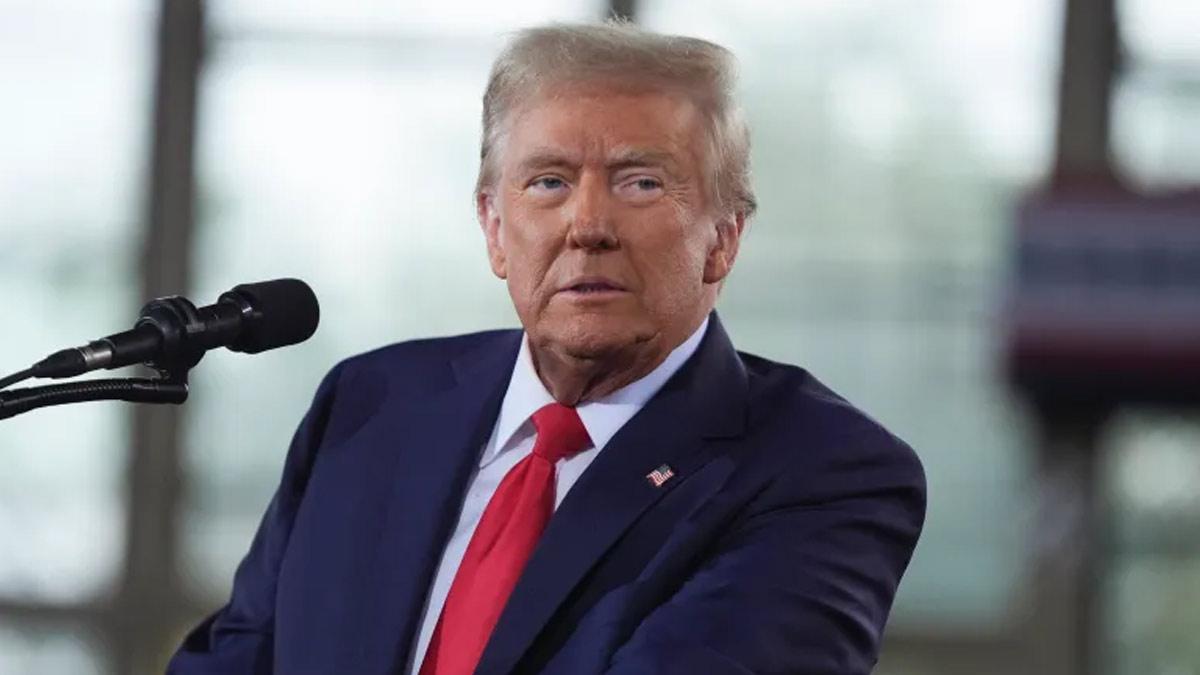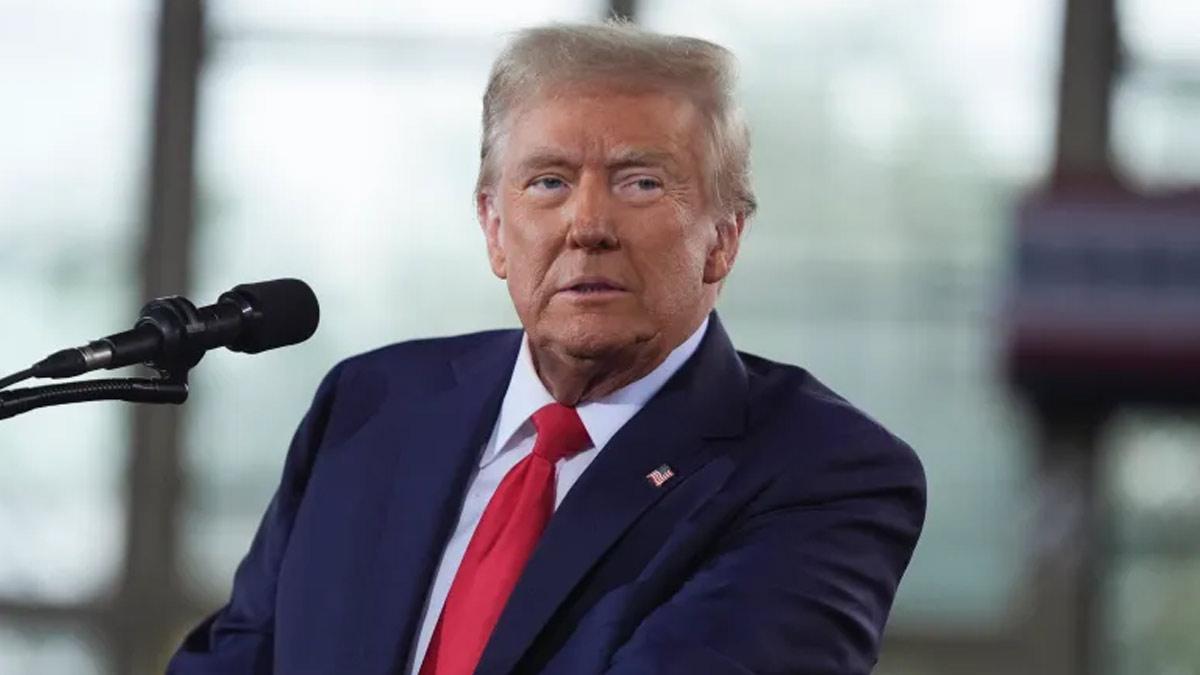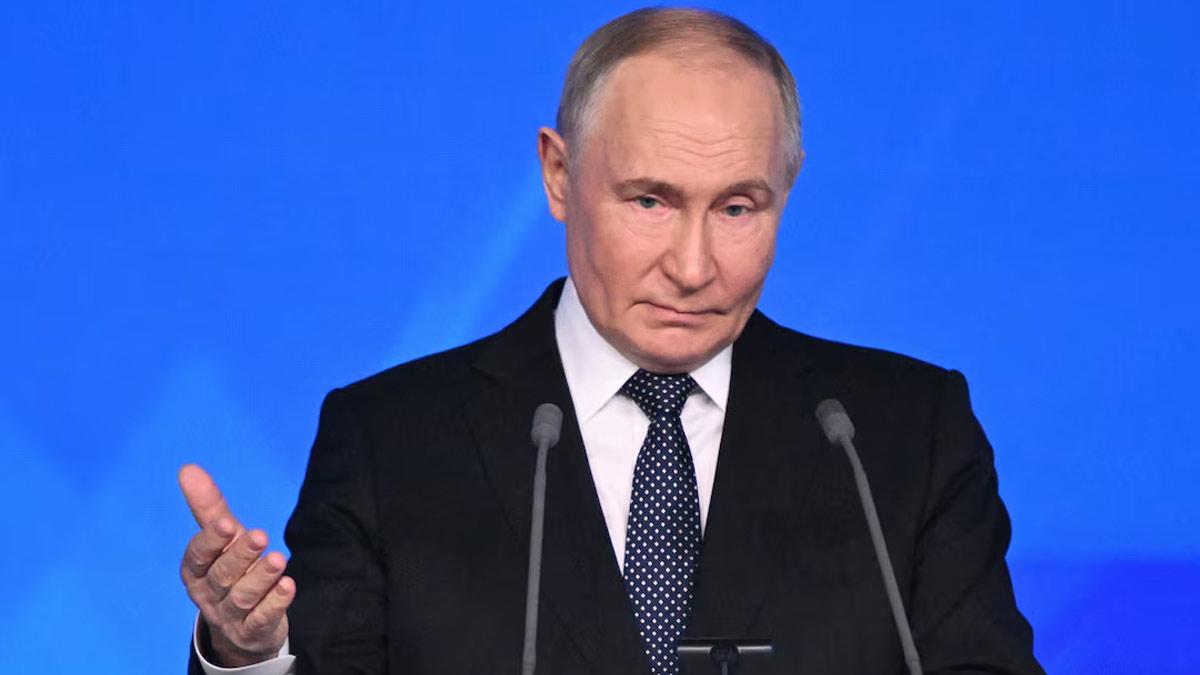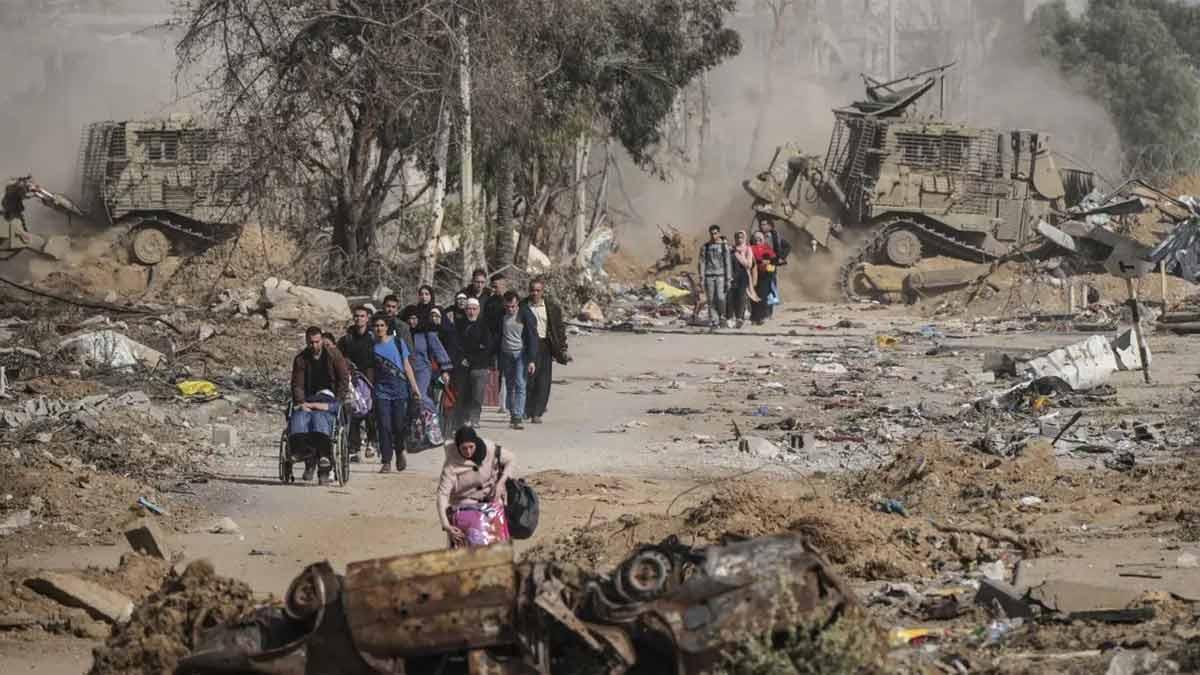U.S. President Donald Trump admitted on Friday that persuading Israel to halt its air strikes against Iran would be an uphill battle, even as his administration pursues a diplomatic solution to the mounting conflict.
Addressing journalists at his golf club in New Jersey at a fundraiser, Trump spoke about growing tensions and the efforts of Europe to mediate the crisis.
Trump shot down Europe's efforts to act as mediators of the crisis, vowing that Tehran would rather have direct communication with Washington than deal with European powers, Xinhua News Agency, citing coverage by local media, reported.
"They didn't assist. Iran doesn't need to talk to Europe. They want to talk to us. Europe won't be able to assist on this one," Trump said, questioning the value of current European diplomatic efforts.
When asked whether the U.S. government would urge both sides to agree to a ceasefire—particularly to facilitate progress in nuclear negotiations with Iran—U.S. State Department spokesperson Tammy Bruce declined to give a definitive answer.
“I’m not going to characterize what’s happening now, or the reaction by the president or the secretary of state to what those negotiations might be,” Bruce said during a Friday press briefing.
Israeli Air Force Ramps Up Attacks on Iranian Military Facilities
In the meantime, the Israel Defense Forces (IDF) announced a considerable widening of their military presence, verifying that over 35 missile-related facilities were attacked in Iran in the early hours of Friday. Over 25 fighter jets belonging to the Israeli Air Force executed the attacks, targeting storage and launch points in the Tiberias and Kermanshah areas.
In #Breaking, an official statement on X (formerly Twitter), the IDF stated, "This morning, the Air Force carried out a wave of strikes on Iranian regime military targets in locations like Kermanshah and Tiberias in Iran, with accurate intelligence guidance by the Intelligence Branch. As part of the wave of strikes, over 25 fighter jets struck over 35 missile storage and launch sites in the areas of Tiberias and Kermanshah in Iran."
The IDF also reported that Israeli planes attacked Iranian radar and missile installations located close to Isfahan and Tehran. The installations were said to be designed to combat Israeli air strikes and restrict aerial mobility in the course of the attack.
Current reports indicate an increasing crisis in the Middle East, with the U.S. navigating a thin line between standing by its ally and trying to introduce diplomatic equilibrium into an increasingly worsening situation.
Read also| White House: Trump Poised to Make Iran Decision Within 14 Days
Read also| Netanyahu Vows Retaliation as Iranian Missile Strikes Israel’s Largest Hospital


















